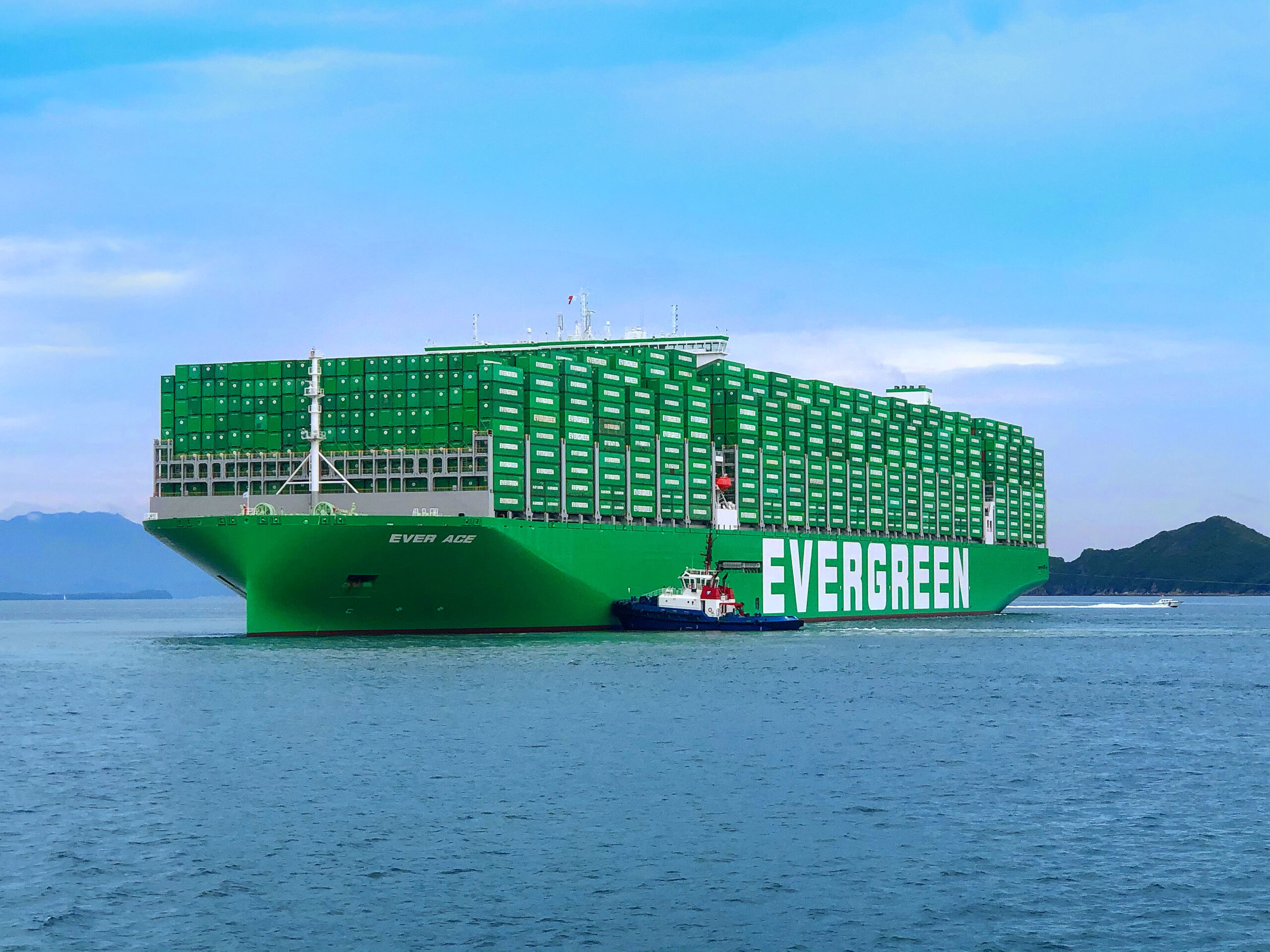A new decade is here and we have entered the 2020’s. Looking back at the last decade and what changes we have come across, it is imminent that digitalization and mobilization has taken huge steps in transforming every part of our society; how we work, how we live and how we play. In 10 years, when we reach 2030, and reflect on this decade, what will we be looking at?
Which breakthroughs will be major during this decade and what will define it? In a world of constant movement and evolvement it’s impossible to predict with precision and it also depends on which glasses one has on. However, in this article, I share some thoughts of areas that I personally believe will change the logistics industry and that I’ll engage in.
1. Focus on sustainability
The impact and potential impact on mother earth from the way we work, live and play, will be one of the major considerations when designing new products, new value chains, new fulfillment structures and new consumption patterns. We need to change, and we need to do it fast. Supply chains must and need to be more sustainable, more resource efficient and more environmentally friendly. From during the 10’s where sustainability has been I would claim for most companies something nice to have, companies in the 20’s must have a focused and proven sustainable way of working to be relevant and thought of, by customers as well as employees. The sustainability is not only emissions, but also the entire ecosystem that a company directly controls as well as influences.
Sustainability will become part of more and more companies purpose – the “why” of their existence. This will have become a key differentiator in attracting people, customers and investors. Moreover, it has to be authentic and truly transpire through the DNA of the organization. Supply Chain executives will evolve from being “fulfilment” and “Cost of Sales” focused to being in the epicentre of sustainability. I think we will see the rise of the Sustainability Chain officer. In combination with this, I see a greater collaboration between alike parties within the industry to share information and assets jointly, to optimize the environmental impact together. A sort of we are all in it together mind-set. Companies won’t compete of being “greenest”. This is who they are and what defines all that they do, their “why”.
2. Electrification and its impact on logistics
Transportation industry represents a big part of today’s greenhouse gas emissions. With growing populations and improving life standards across the globe we will see an increase in absolute consumption numbers, even thou part of this will be offset by more cautious consumption, less over consumption and increased re-use. With that said the amount of kilos, tons and CBMs transported will increase. During this decade, we will see a dramatic development in battery technology resulting in a dramatic shift to an electrified vehicle fleet. We will also see a significant increase of renewable energy sources enabling all parts across the value chain to drastically reduce its environmental footprint.
3. 5G
Technology is the enabler of the transformation. By the end of this decade, 5G will have changed the business landscape as we know it. The ability of 5G to handle massive amounts of data and connected devices might initially be put to best use in warehouses. AR (Augmented Reality) devices require ultra-low latency and can improve the picking process in warehouses. Real-time video could instantly be processed into real-time 3D asset models that enable warehouses to determine the optimal positioning, path and timing of movements. The full potential of IoT (Internet of Things) to track inventory will finally be unleashed under 5G. Cargo can be fitted with inexpensive sensors that use very little power, and track goods from the factory floor, through the shipping process, to the warehouse, all the way to store shelves, creating a trusted record of an item’s journey. One of the most disruptive use for 5G networks is driverless transportation. 5G is likely to make this possibility a reality, which will have a huge impact on the logistics industry.
Every business relies on data to function, and logistics companies handle even more data than most. The sheer confluence of various employee functions, delivery vehicles, material handling equipment and facility control systems has always required lightning-fast connections with low latency and high uptime. 5G can deliver on that promise. Because of the far lower latency, companies will be able to distribute and exchange far larger quantities of data than ever. They can process it closer to the source, rather than dialing out to remote servers. It means companies will have the means to build a lean, distributed cloud network to tie their logistical operations together. The collaborative potential alone for using 5G to keep multiple vendors and partners on the same page, in real-time is a potential game changer alone.
4. Talent and competence shift
Connecting a global logistic value chain with many handovers is complex and requires insight and experience to overcome hurdles and find solutions. In a digitized and digitalized environment with AI on top, the need for individuals sitting on the information needed to couple the value chain will be significantly reduced. Ability to leverage the huge amount of information that the industry has and transforming it into value will be a key skill and capability in people. Sales people of the 20’s must understand and be savvy about customers supply chain to be relevant. On the operating side, the role of the forwarder will transform. To an increasing amount the people that the logistics industry will fight for will be the digital tech savvy ones, with good understanding of AI, Robotization, Machine learning and automation as well as excellent soft and collaborative skills. The change here is that these skills are the same as many other industries are on the hunt for too. From mostly competing for talents within the industry, we will have a much wider playing field. As a consequence the company’s purpose, the “why” of a company’s core, will play an increasingly valuable role in attracting and retaining talent.
Another area that will increase critically in the new decade, is to foster an environment that attract individuals with an infinite mind-set, where learn, re-learn and learn again is a natural. Employees need to be increasingly savvy with interpreting, analysing, and conceptualizing information and collaborate around it. This requires employees with highly agile and cognitive capabilities and who have a mind-set of curiosity. Also, it puts significant new demands on the type of leadership and its maturity to leverage and truly release the power of the people and organizations.
Overall, we are up for a highly transformative, rapidly moving and very exciting decade. I hope you found this blog post inspiring and that it gave you some additional food for thought around logistics trends and what to expect in the future. What challenges and possibilities do you think the future holds? Please, share your thoughts in the comments below! Read more inspiring blog articles on the Greencarrier Blog.





